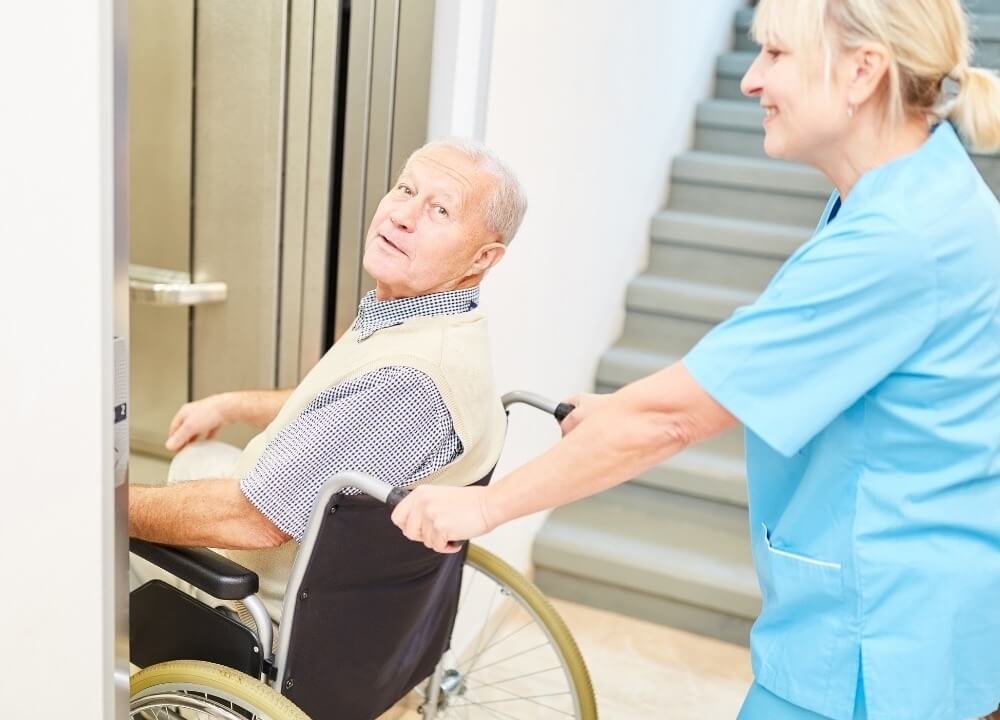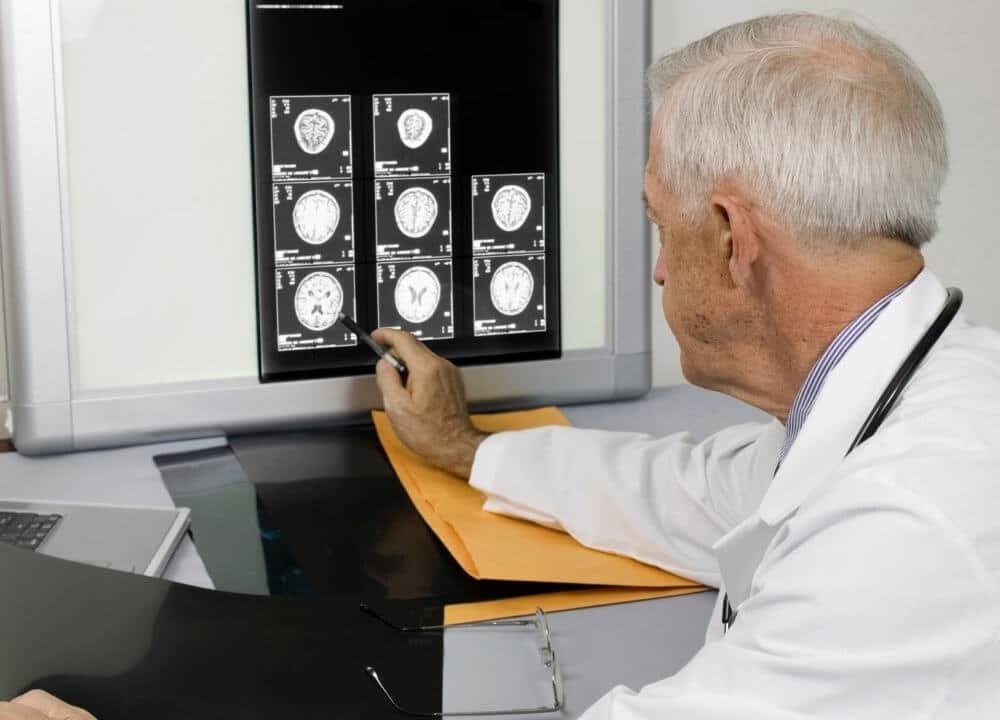When learning about the various types of dementia, it is important to talk about stroke-related dementia.
This is dementia that develops after the brain has been damaged by a stroke.
Contents
Strokes happen when there is an interruption of blood flow to the brain causing blood vessels to burst.
Worth noting is that not everyone who experiences a stroke will end up with dementia.
Strokes are normally associated with vascular dementia which is the second most common type of dementia.
In short, dementia is a general term describing problems with memory, planning, judgment, reasoning, and other thought processes.
Symptoms of Stroke-Related Dementia

The symptoms of this kind of dementia can appear suddenly, after a few days, weeks, or months in a gradual or stepwise manner.
The symptoms that a person will get depend on the kind of stroke they experienced as well as the section of the brain that has been damaged.
Cognitive decline normally happens within three months of a recognized stroke.
Examples of some warning signs of vascular dementia include:
- Loss of memory especially with remembering recent events
- Problems following instruction, inattention, and poor concentration
- Poor judgment
- Confusion
- Getting lost in familiar places
- Challenges with problem-solving, reasoning, and calculations
- Depression
- Mood and behavior changes
- Crying or laughing inappropriately
- Psychosis: loss of contact with reality, aggression, hallucinations, agitation, delusions, and inability to appropriately relate with other people and surroundings
The Diagnosis Process

It is not easy for medics to diagnose stroke-related dementia.
This is because several medical conditions can cause an individual to experience dementia-like symptoms.
Doctors have to identify the cause of the symptoms to determine whether or not a person has dementia.
It is important because there are some causes of dementia that are reversible with treatment.
The diagnosis process is not an easy one.
Health care providers will gather details from different sources to come up with the proper diagnosis.
They usually start with a medical interview where the doctor will ask questions like:
- When the symptoms appeared
- Past and recent medical problems
- Medications a person is taking or was taking in the past
- Lifestyles and habits
Physicians also conduct physical examinations to look for physical disabilities as well as signs of underlying conditions like previous strokes, high blood pressure, or heart and blood vessel diseases.
Doctors will also include mental status examinations to check memory, orientation, language, and attention.
Some professional practitioners will as well conduct neuropsychological testing which is a detailed cognitive assessment that helps them pinpoint and document an individual’s cognitive strengths and problems.
A doctor may also recommend laboratory tests such as blood tests to rule out blood disorders, infections, hormonal disorders, chemical abnormalities, and kidney or liver problems.
The lab tests are also important for identifying other health issues like diabetes and various vascular disorders that might underlie dementia.
Imaging studies can also be done to help detect stroke and rule out other conditions that can cause dementia.
Treatment Options for Stroke-Related Dementia

Sadly, treatments currently available cannot reverse brain damage that is caused by strokes if the injury has lasted for a few hours.
Treatment aims at enhancing vascular health in a bid to prevent the occurrence of new strokes and slow down the progression of cognitive decline and other related symptoms.
Treatment options include surgery, medication, and behavioral interventions.





![14 Effects Of Dementia On A Person [Mental & Physical] effects of dementia](https://readementia.com/wp-content/uploads/2019/04/effects-of-dementia.jpg)

